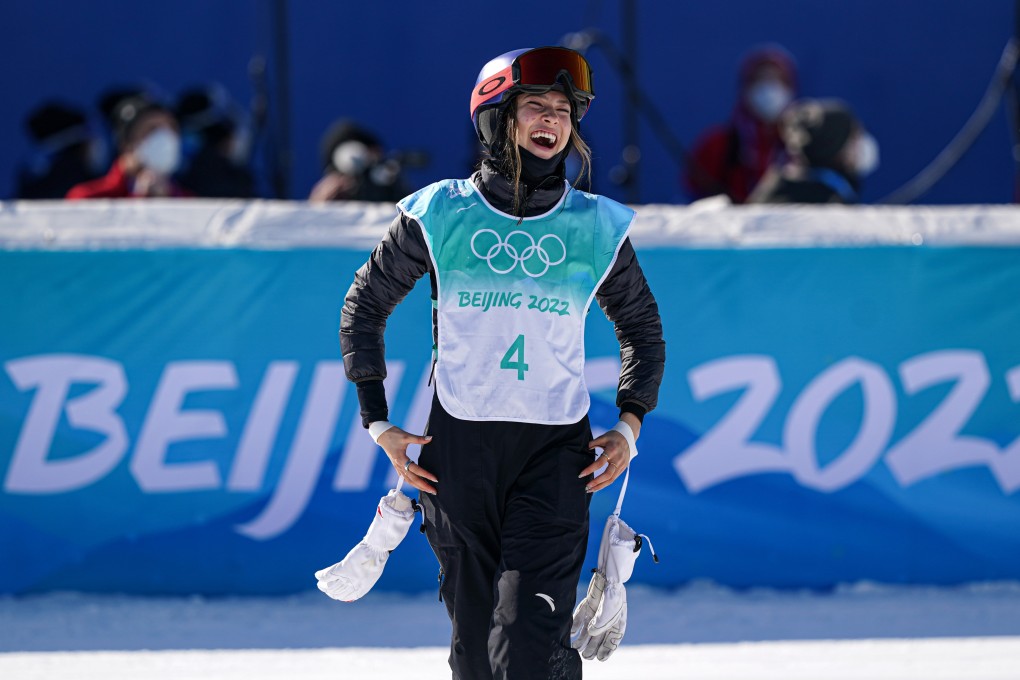My Take | Eileen Gu and the astonishing ignorance and arrogance of her American critics
- It is not unusual for American athletes to compete for other countries in elite sports, including both friendly and unfriendly ones to the US

“‘Wake up, we’re here,’ says my father. And I awake with my heart pounding in my throat. I look out the window and we’re already on the runway. And now I’m walking down the steps of the plane, onto the tarmac and toward the building …
“And now I also see what part of me is Chinese. It is so obvious. It is my family. It is in our blood. After all these years, it can finally be let go.” – Joy Luck Club, Amy Tan
This passage, taken from the very end of the novel, actually recalls Amy Tan’s own experience upon visiting China from the United States for the first time. The only difference was that while she travelled by train from Hong Kong to Shenzhen, the narrator of the novel flew by plane.
A Chinese-American, Tan once told an interviewer: “I felt a sense of completeness, like having a mother and a father. It was instant bonding. There was something about this country (China) that I belonged to. I found something about myself that I never knew was there.”
It has been argued by some literary critics and psychologists that the decline of the novel and shrinking readership may have had an impact on people’s ability to sympathise with others, that is by putting themselves in someone else’s shoes.
Maybe I am being naive or even absurd, but I think if more people had read and understood Tan’s popular novel, they might appreciate more easily why Olympians such as embattled figure skater Zhu Yi and free-skiing golden girl Eileen Gu might choose to represent China, though they were born, raised and trained in the US.
